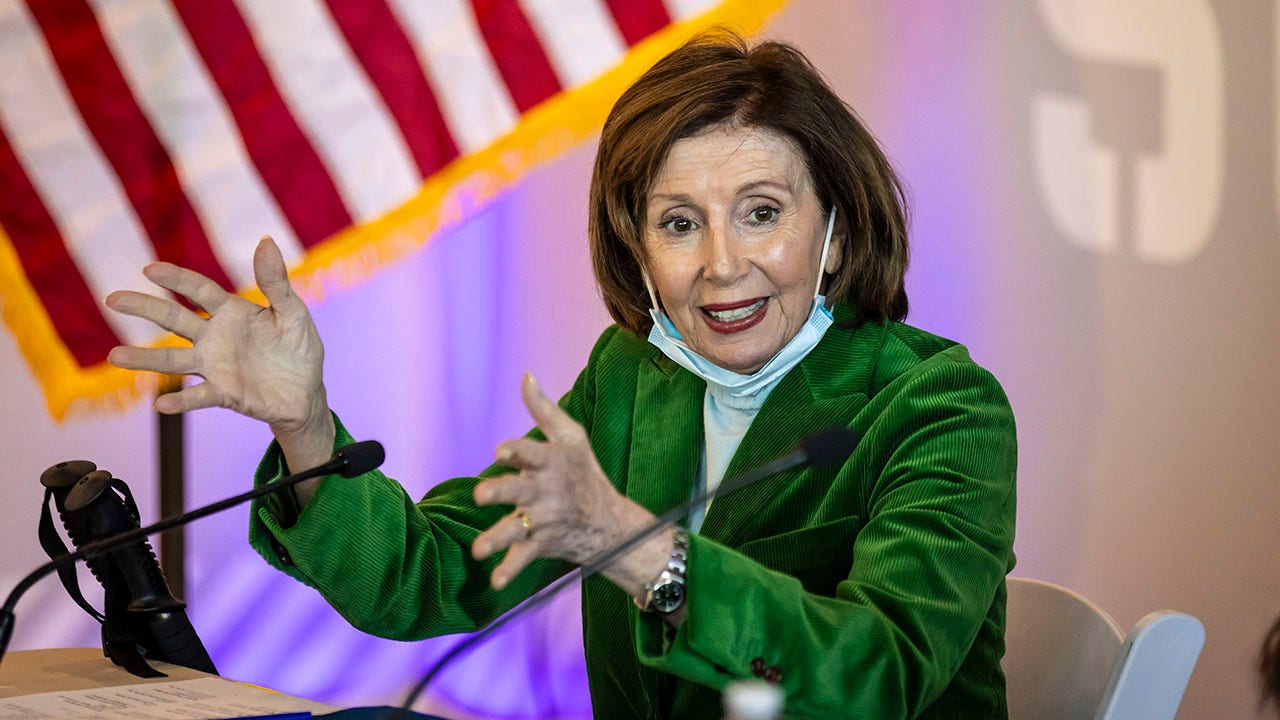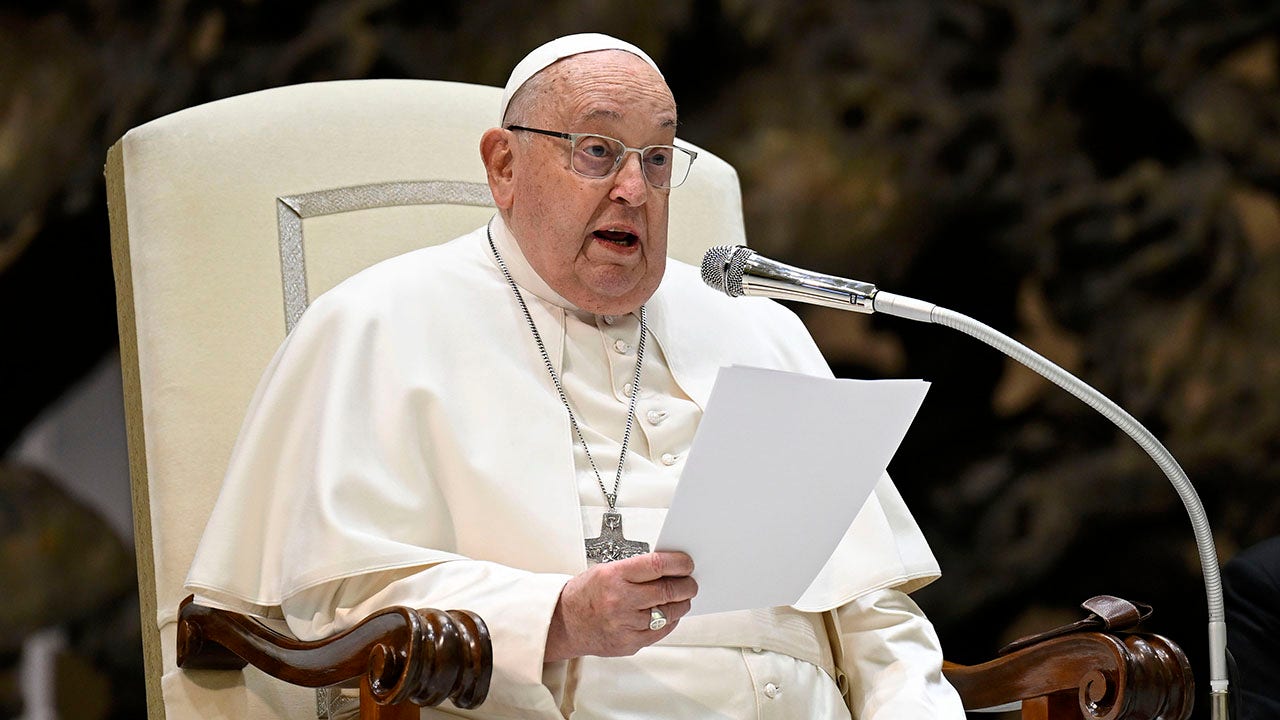The process was six months old and already starting to wear on Jim Ratcliffe, the British billionaire, the first time he brought out the Champagne to toast his purchase of Manchester United. But even that celebration, at the Monaco Grand Prix in May, proved premature.
There was no deal. Not yet.
Doing one was never going to be easy. Mostly, that was because any potential sale for United offered a tantalizing marriage of money, power and history: Mr. Ratcliffe, the wealthy chairman of INEOS, the petrochemicals giant, had supported Manchester United since he was boy. United, the most decorated club in English soccer, was one of the most iconic brands in global sports. And the Premier League, to which it belonged, was the richest soccer league in the world.
What ensued was an auction as unpredictable and chaotic as some of Manchester United’s most memorable games. The news media breathlessly tracked surges of momentum between Mr. Ratcliffe’s bid and a rival one led by a little-known Qatari sheikh.
United fans, eager to see their club shake off its unpopular owners, the Florida-based Glazer family, devoured it all. Yet while the negotiations produced months of headlines, discussion and whispers, what they did not produce was a sale.
Mr. Ratcliffe won out in the end. Kind of.
On Dec. 26, the Glazers announced that they had agreed to sell 25 percent of United to Mr. Ratcliffe, one of the world’s richest men. The price — more than $1.5 billion — bought a curious arrangement in which Mr. Ratcliffe, the new minority owner, would take over day-to-day control of the club’s soccer operation. The deal was ratified on Tuesday night.
On Wednesday, as Mr. Ratcliffe outlined his vision, newspapers and websites grabbed eagerly at the headline-ready quotes about new players, old rivals and stadium plans. But a closer listen to his words suggested that the grueling sales process might have been the easy part. Reviving United — a trophy-winning machine a decade ago, in recent seasons reduced to something closer to a punchline — is likely to be a yearslong process, he warned.
“It’s not a light switch,” Mr. Ratcliffe said. “It’s not one of these things that changes overnight.”
Mr. Ratcliffe talked about how, under his stewardship, United would adopt a soccer-first mentality, a clear effort to differentiate his focus from that of the Glazers, whose stewardship has helped turn United into a cash machine commercially but a sputtering, confounding disappointment on the field.
Continued failure, Mr. Ratcliffe said, will “start to degrade the brand if you’re not careful.”
He was less clear about how his investment, as a minority shareholder, will work in practice when it comes to major decisions, saying only that he had built up a rapport with Joel and Avram Glazer, the two Glazer family members most involved in United, during what he described as a “rocky” sales process.
“As long as we’re doing the right things, then I’m certain that relationship is going to go very well,” Mr. Ratcliffe said.
The delay in completing his investment was not down to the Glazers anyway, he said, but rather a confluence of circumstances that included United’s independent directors, hedge funds that owned a portion of Manchester United stock that will continue to be listed on the New York Stock Exchange, American financial regulators and a Qatari group whose presence seemed to do little more than drive up the price.
At one point on Wednesday, Mr. Ratcliffe joked that he was not even sure that the little-known sheikh announced as the figurehead of the Qatari bid actually existed.
His interest, he insisted, was genuine. He recalled growing up in a family that was split along tribal lines, with one half hewing toward the red of United and the other toward the pale blue of its crosstown rival, Manchester City.
For much of Mr. Ratcliffe’s life, that has not been much of a rivalry. But now City is the pre-eminent team in soccer, a serial winner of England’s Premier League and the champion of Europe. And in a meandering hour with reporters, it was notable how often the new United owner kept returning to the success being enjoyed on the other side of Manchester.
“There is nothing I would like better than to knock both of them from their perch,” Mr. Ratcliffe said of City and another recently successful United rival, Liverpool.
For fans, the phrase recalled a bit of club folklore, having once been used in reference to Liverpool by Alex Ferguson, the coach who would go on to do what he promised in two trophy-collecting decades at United.
“They have been in a good place for a while, and there are things we can learn from both of them,” Mr. Ratcliffe said of City and Liverpool.
“I am very respectful of them,” he added. “But they are still the enemy.”
White Mr. Ratcliffe left little doubt that he intends to bring back success to United as speedily as he can, he is also stymied by Premier League regulations. United’s collapse in performance has coincided with one of the biggest talent acquisitions sprees in its history, and untangling that profligacy has left the club poorly positioned to meet the league’s spending limits.
That means that any radical restructuring efforts to address its roster will be limited for the time being. “There’s no question that history will impact this summer window,” he said.
Sorting a plan for United’s stadium may be more achievable: either a refit costing 1 billion pounds ($1.27 billion) of its current home, Old Trafford, or — Mr. Ratcliffe’s preference — a new build of something even grander on its footprint that would require public investment but act as a facility that could serve the entire north of England.
Invoking the history of Manchester as an engine of the Industrial Revolution and claims that British governments have favored investments in London and the country’s south, Mr. Ratcliffe appeared to be making his pitch for a type of redress for historical wrongs.
But in his case, it would be one that would also benefit a billionaire tax exile who now enjoys a luxury life in Monte Carlo.
“I paid my taxes for 65 years in the U.K.,” he said. “And then when I got to retirement age, I went down to enjoy a bit of sun. I don’t have a problem with that, I’m afraid.”





